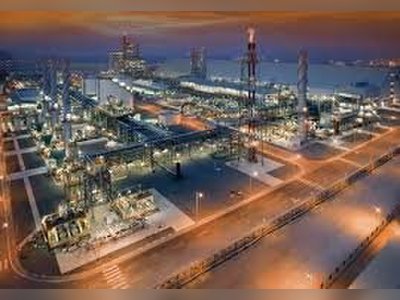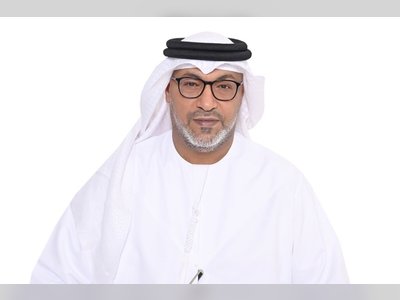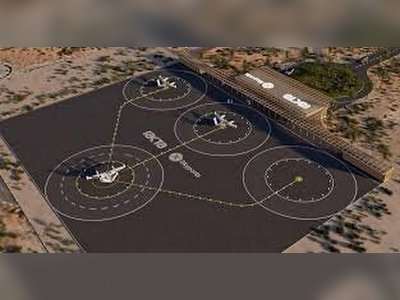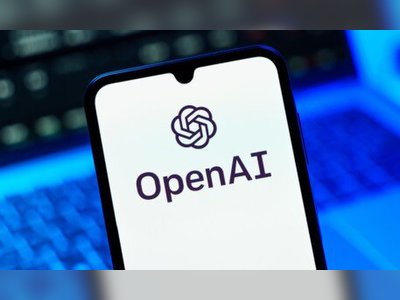Altman Says GPT-5 Already Outpaces Him, Warns AI Could Automate 40% of Work
OpenAI CEO Sam Altman has delivered one of his most forceful warnings yet: in a recent interview, he claimed that GPT-5 is already smarter than he is in many respects, and predicted that thirty to forty percent of current economic tasks could soon be handled by artificial intelligence. He further projected that systems with “extraordinary capability” — often equated with superintelligence — may arrive by 2030.
Speaking to Die Welt’s editor in Berlin, Altman emphasised that the transition will be measured more in tasks than total jobs. “I can easily imagine a world where thirty to forty percent of the tasks that happen in the economy today get done by AI in the not very distant future,” he said. He rejected framing this as wholesale job loss, instead calling it a transformation in how work is structured.
Altman acknowledged that GPT-5, while already surpassing human performance in many domains, still lags in areas that come naturally to people, such as knowing which questions to ask and sustaining initiative over long periods. “In many ways GPT-5 is already smarter than me,” he said, but added it remains “not able to do a lot of things that humans could do easily.”
Looking ahead, Altman warned that models with capabilities beyond human ability would be unsurprising by the end of the decade. “If we don’t have models … by 2030 that are extraordinarily capable and do things that we ourselves cannot do, I’d be very surprised,” he said.
On the question of human irreplaceability, Altman broke ground by highlighting what he sees as a domain where machines may never fully compete: the social dimension of caring and relevance. He argued that the ability to “care about other people, to interact with other people” is a skill that will remain essential in an AI-rich world.
As for how individuals might prepare, Altman offered practical advice: focus on adaptability and meta-skills. “Learning how to learn, learning to be resilient,” he said. He encouraged people to understand what others truly want and how to deliver it—skills he believes will grow in importance as AI’s role expands.
Altman’s statements come amid accelerating investment in AI infrastructure, intensifying debates over regulation and alignment, and rising concern among economists and policy leaders about technological disruption. His warning underscores that society may soon face not only dramatic innovation but difficult transitions — and that preparation may be as critical as prediction.










